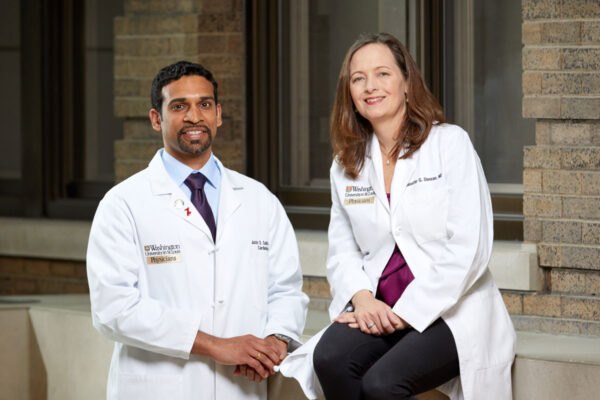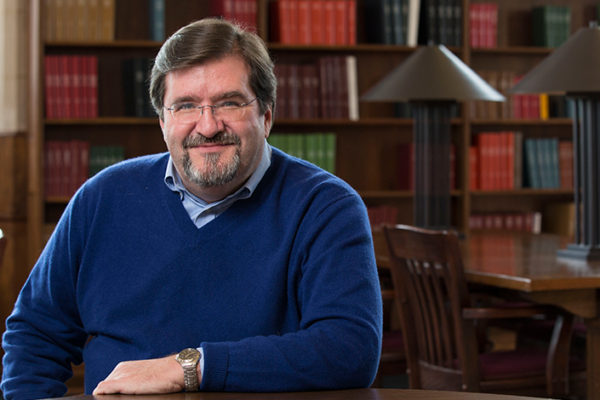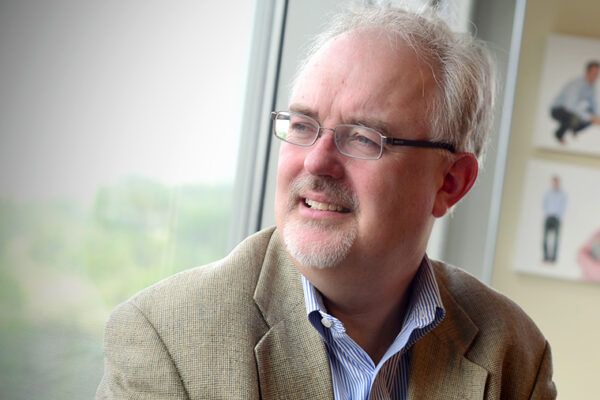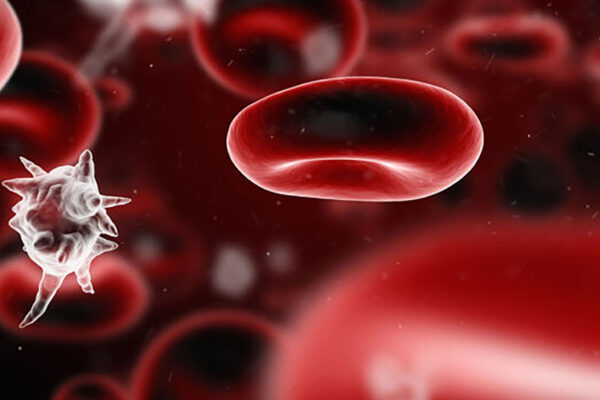Mokalled receives grant to study neurogensis during spinal cord regeneration in zebrafish
Mayssa Mokalled, assistant professor of developmental biology at the School of Medicine, received a one-year, $40,000 grant from the McDonnell Center for Cellular and Molecular Neurobiology for her project titled “Mechanisms of adult neurogenesis during spinal cord regeneration in zebrafish.”
Duncan, Sadhu named Loeb Teaching Fellows
Jennifer G. Duncan, MD, and Justin S. Sadhu, MD, have been named the 2019-21 Carol B. and Jerome T. Loeb Teaching Fellows at Washington University School of Medicine in St. Louis.
Dishonest acts hurt one’s ability to read others’ emotions
Dishonest deeds diminish a person’s ability to read others’ emotions, or “interpersonal cognition,” finds a new study from four researchers, including one from the Olin Business School at Washington University in St. Louis. Another finding: dishonesty breeds “a vicious cycle.”
The View From Here 7.24.19
Images from in and around the Washington University campuses.
Dickhoff receives NSF grant to support work the nuclear many-body problem
Willem Dickhoff, professor of physics in Arts & Sciences, received a $330,000 grant from the National Science Foundation to support his work on Green’s functions and the nuclear many-body problem.
Cyber capabilities are not weapons of war? A closer look at the analogy to biological weapons
So far, cyber capabilities and operations have not generated fears about such grave, gruesome, and repugnant threats to human life, health and social order.
Why have so many Missouri children lost Medicaid coverage?
Evidence suggests that covering children is not that expensive, and the long-term effectiveness of paying for prevention early in a child’s life can lower costs later in life, raising their well-being and income potential.
Putting the brakes on lateral root development
Biologist Lucia Strader in Arts & Sciences discovered a cellular transporter that links two of the most powerful hormones in plant development — auxin and cytokinin — and shows how they regulate root initiation and progression. Understanding why and how plants make different types of root architectures can help develop plants that better cope with distinct soil conditions and environments.
Powderly to lead Institute of Clinical and Translational Sciences
William G. Powderly, MD, the Dr. J. William Campbell Professor of Medicine at the School of Medicine, has been named director of the university’s Institute of Clinical and Translational Sciences. The institute is funded by the National Institutes of Health (NIH).
Genes linked to death from sepsis ID’d in mice
Bacteria in the bloodstream can trigger an overwhelming immune response that causes sepsis, a life-threatening condition. Now, researchers at Washington University School of Medicine in St. Louis have found genes that help protect the body’s cells from dying during sepsis, which could lead to new treatments.
View More Stories








